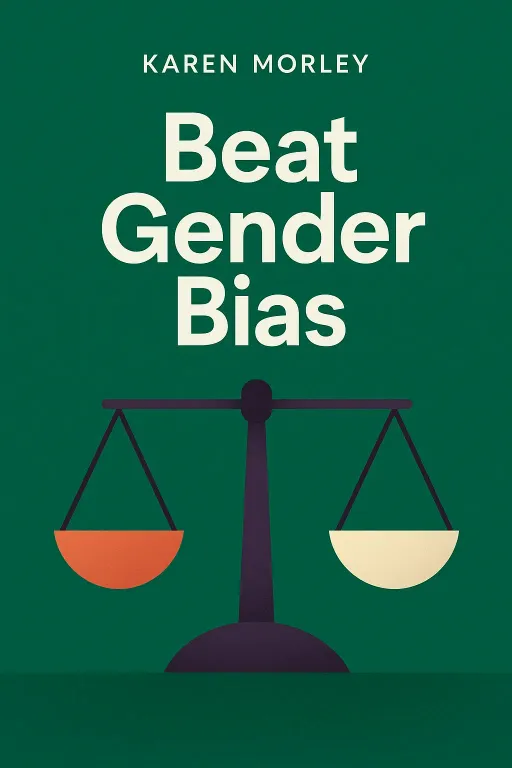
Beat Gender Bias
Karen Morley
Beat Gender Bias provides practical suggestions for reducing gender bias and creating an inclusive workplace. It offers tools and tips to assist leaders in making the invisible visible and addressing equitable delivery of service. This book gives all leaders the tools we need to champion change and beat bias, to ensure that their organisations and communities are high-performing.
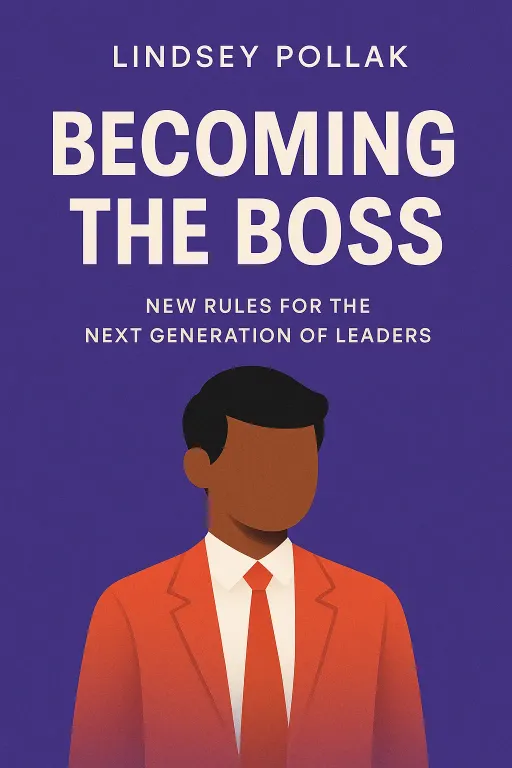
Becoming the Boss
Lindsey Pollak
A guide for young professionals on how to become effective leaders in today's rapidly changing business environment. It combines classic leadership principles with up-to-the-minute tips and predictions for thriving in the future, offering advice on career management, communication, and navigating generational differences in the workplace.
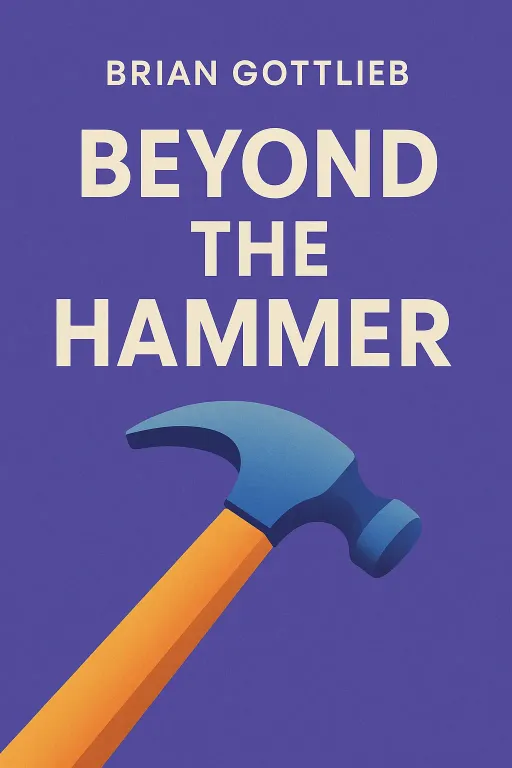
Beyond the Hammer
Brian Gottlieb
In Beyond the Hammer, managers and leaders will discover a simple yet powerful approach to creating a team that is aligned and properly positioned to win. Through a fictional story and actionable blueprint, this book tackles the challenges of employee ownership, departmental friction, inconsistent results, and high turnover, offering a path to building a high-performing organization.
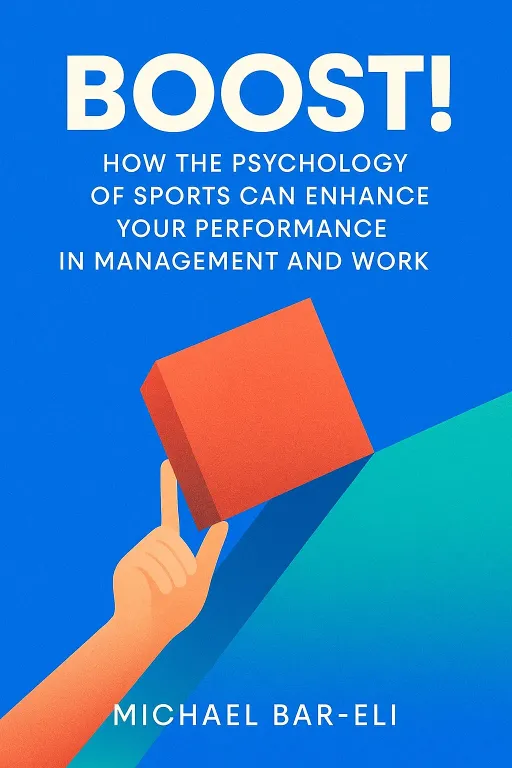
Boost! How the Psychology of Sports Can Enhance Your Performance in Management and Work
Michael Bar-Eli
Explore how the psychology of sports can be applied to enhance performance in management and work. Drawing on research and practical experience, this book reveals the hidden psychological forces that drive human performance and offers insights for individuals, organizations, and teams to succeed in competitive, stressful, and high-stakes business situations.
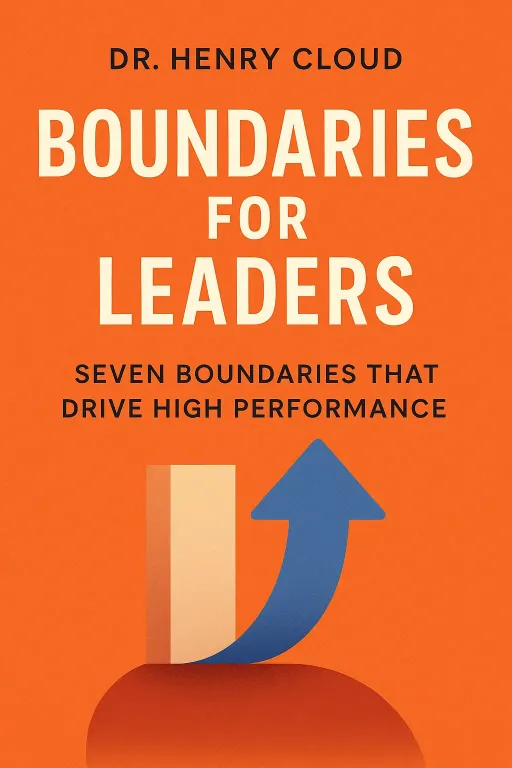
Boundaries for Leaders
Henry Cloud
Discover the seven essential leadership boundaries that drive high performance and create thriving organizations. Learn how to set the stage, tone, and climate for people's brains to perform at their best, leading to incredible results.
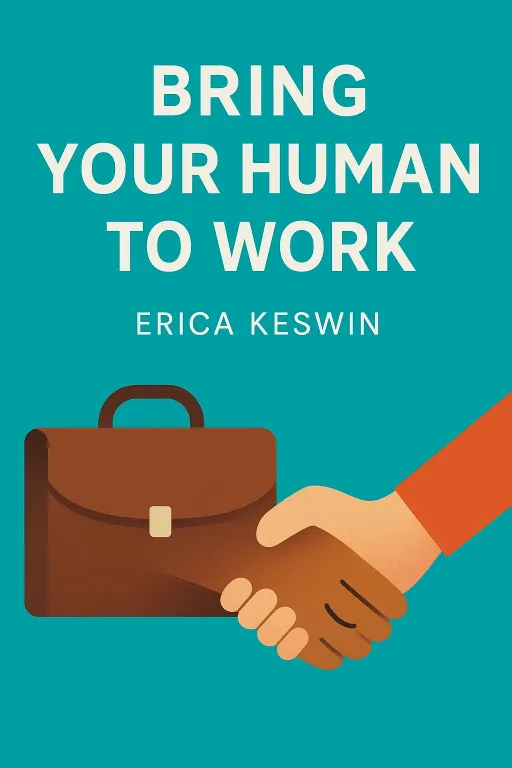
Bring Your Human to Work
Erica Keswin
In 'Bring Your Human to Work,' Erica Keswin explores the importance of human connection in the modern workplace. Through relatable examples and actionable steps, she demonstrates how honoring relationships, embracing authenticity, and fostering a purpose-driven culture can lead to a more engaged, productive, and ultimately successful work environment. Discover how to create a workplace where employees feel valued, connected, and inspired to bring their best selves to work.
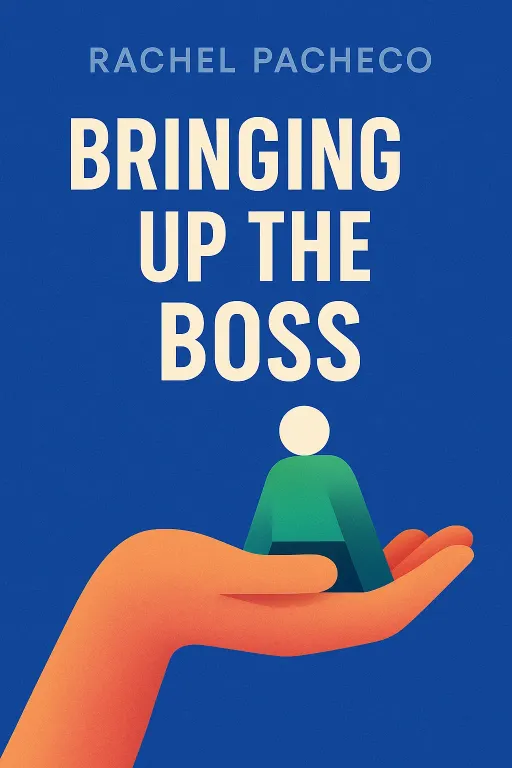
Bringing Up the Boss
Rachel Pacheco
A practical guide for new and established managers, especially in fast-growing organizations, offering tools and best practices to effectively manage, lead, and inspire their teams. It covers managing individuals, teams, and oneself, addressing challenges like setting expectations, giving feedback, and building a positive team culture.
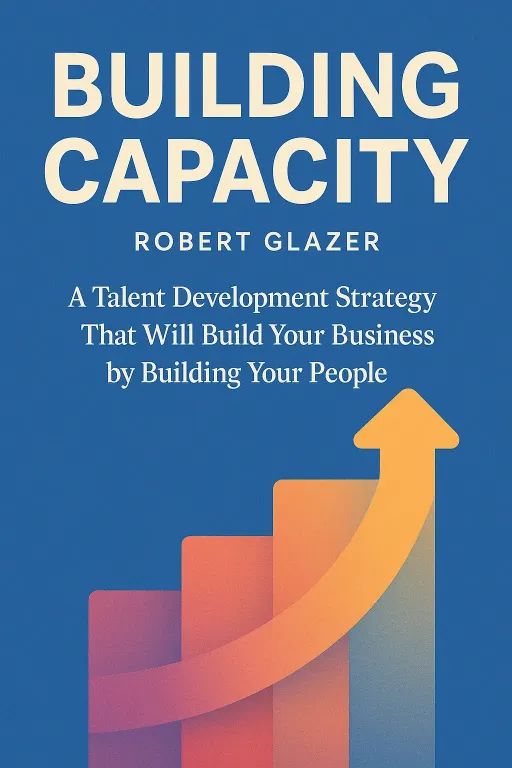
Building Capacity
Robert Glazer
Discover a proven talent development strategy to build your business by building your people. Learn how to cultivate spiritual, intellectual, physical, and emotional capacity in your team, fostering a culture of growth, high performance, and lasting success.